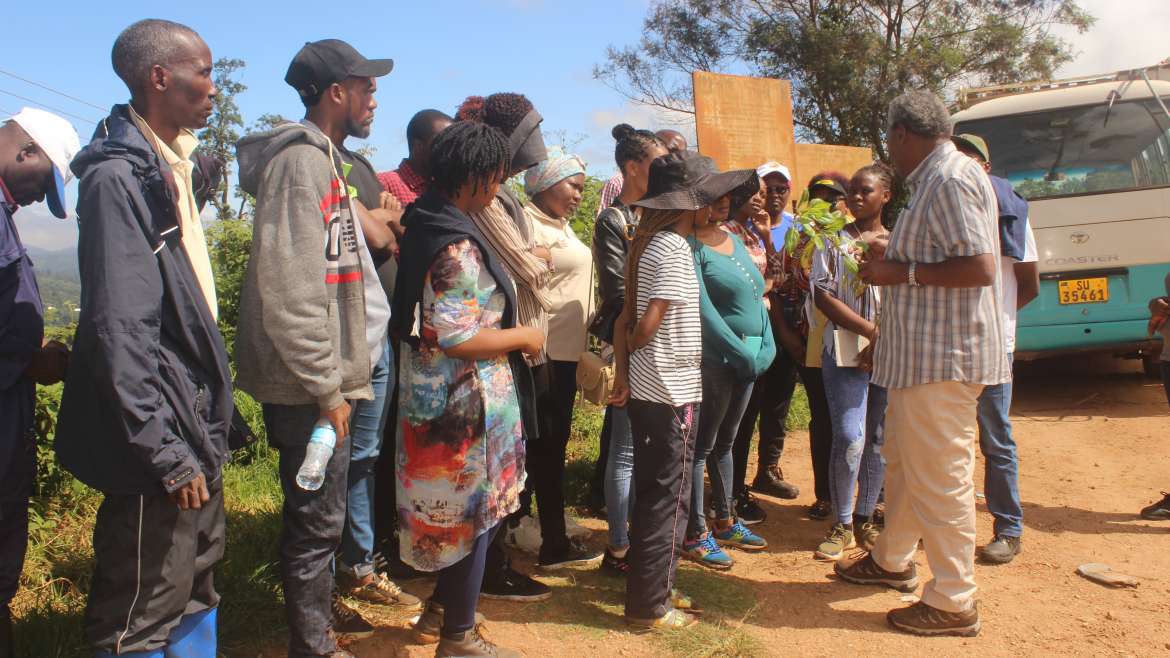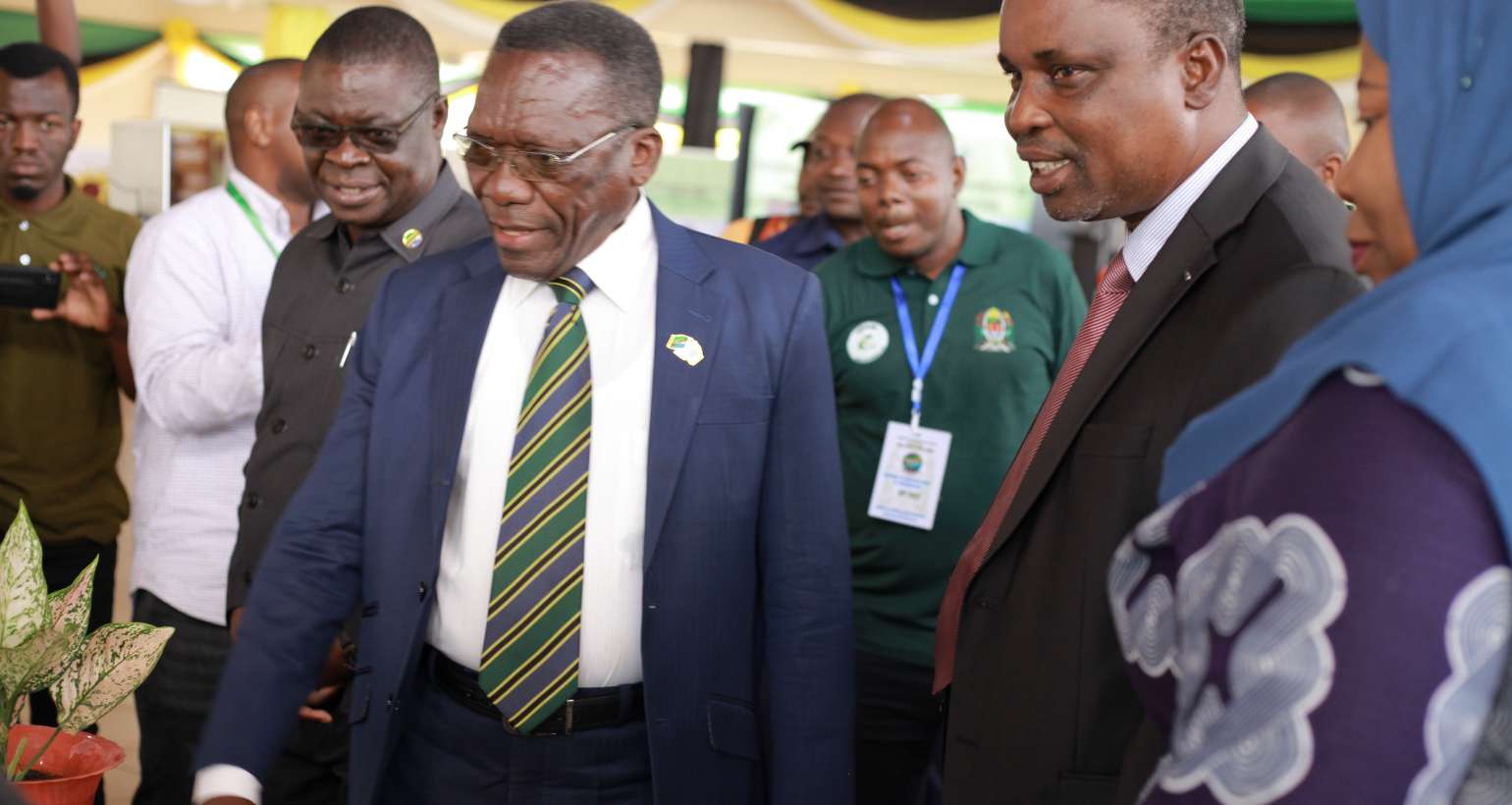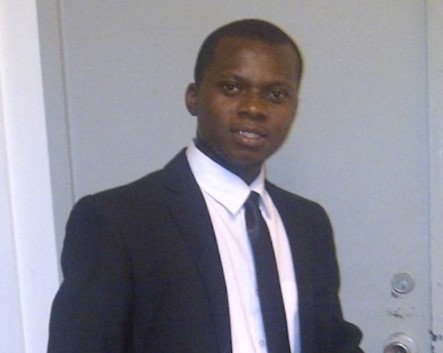ACE IRPM & BTD project held field school (practical training) for its PhD and Masters scholar beneciaries on 15th to 21st Dec 2020 at Usambara Mountains in Lushoto – Tanga.
Field schools provide training in a number of techniques that are highly relevant to the development of ecologically-based rodent management, such as carrying out habitat surveys, trapping animals, learning about aspects of their natural history, taxonomy, physiology and sample collection for disease screening. The Africa Centre for Innovative Rodent Pest Management and Biosensor technology Development has a programme for conduction filed schools since 2018. To date the ACE IRPM & BTD has conducted 5 field schools involving slightly over 100 students.
A field school typically involves a group of up to 20 students mainly MSc and PhD students who already have approved research protocols and are about to embark on research activities in the field.
Field schools are designed to develop and increase skills about rodents and small mammals generally. The following skills are imparted on the trainees:
- Collecting and preserving specimens,
- Accurately documenting aspects of methodology and field data,
- Understand some ecological aspects such as breeding and population
dynamics that will be used in control rodents at the right time.
- Field activities consist of training on
(1) carrying out a general rodent survey in different local habitats (forest, savannah, agricultural mosaic);
(2) trapping with different kinds of traps to determine trap success;
(3) collecting external/internal data on morphology, ecto- and endo-parasites, epidemiological sample preservation.
ACE IRPM &BTD academic and technical staff attending the field schools simultaneously discuss and develop teaching plans that fit into their relevant subjects and courses taught using aspects of rodents to illustrate issues such as reproduction, evolution, or anatomy whilst sensitising and raising awareness more generally about the need for STI on specifically African-endemic issues.







